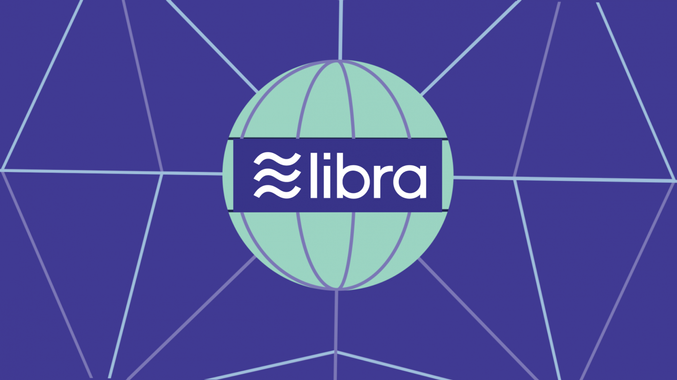Facebook has announced the project to create a private digital currency libra, based on the technology of the blockchain, intended to become a global currency backed by its social networks, which he published the white paper on June 18, and that it aims to launch in 2020.
How to understand libra, and what can be its future? There is a lot to say, and many more questions.
Here are 5 questions about Libra:
- Libra will not be a sovereign currency such as the euro or the yen – despite what Bruno Lemaire says. It would lack for that to have legal tender on a certain territory, just as the euro has legal tender on the territory of the States which adopted it as money, that is to say that there is an obligation the debtor to accept it as payment. On the other hand, no one will be obliged to accept to be paid in libras, in no country. It is not clear, however, that it makes a real difference, so popular are social media
- The libra will not be a cryptocurrency – or cryptoactif or cryptojeton whichever name one chooses to give it – in the sense of eg bitcoin or ether. Indeed, this currency will be governed centrally by an intermediary to which the holders of libras will be forced to trust, not in a decentralized and disintermediated way like bitcoin – and this independently of the use for the libra of the technology of chain of blocks, which is not enough to make a cryptocurrency literally. The libra will be a fiduciary currency, such as euro, dollar or Swiss franc, “fiduciary” derived from the Latin word for trust: it will be good for the holders of libras to trust the actors (a hundred) established for its management. It is these actors who will collectively constitute the intermediary in question
- Why then use blockchain technology? A good old database would have been enough. There may be some sacrifice to a buzzword – an advertising aspect. Most of all, there seems to be a desire to inspire confidence by stressing that no, it is not Facebook who will control libra – see, what would you believe? – since it will be a hundred enterprises and various institutions in total. And it is easy to understand that Facebook is asking itself the question of the confidence that it is a question of inspiring, given its relationship, say, “complicated” to the common morality as to the respect of its users
- Is this speech credible? In the bitcoin system, to take control of the network would have to gather more than 50% of its computing power. And in the libra system? Will the rule be similar? In this case, what will be the distribution of computing powers among the hundred actors at the base of the system, theoretically equal to each other? Facebook, or this small subgroup of giant firms among the one hundred, would it not have a position “more equal than others”, simply because of the enormous power of its servers?
- Apart from the extension of its field of intervention – a classic concern for any developing company – a motivation for this project could be the collection of financial and payment data, for own use or resale to interested parties. Facebook protests its great gods that this is not his intention naturally, again the system of distributed control over a hundred players is put forward … but the technical infrastructure will be that of Facebook, especially for the payment software “Calibra” provided for the management by everyone of its portfolio of libra. And any “code of good conduct” put forward by a company could be diverted all the more easily that it masters the technical foundation of the whole.

